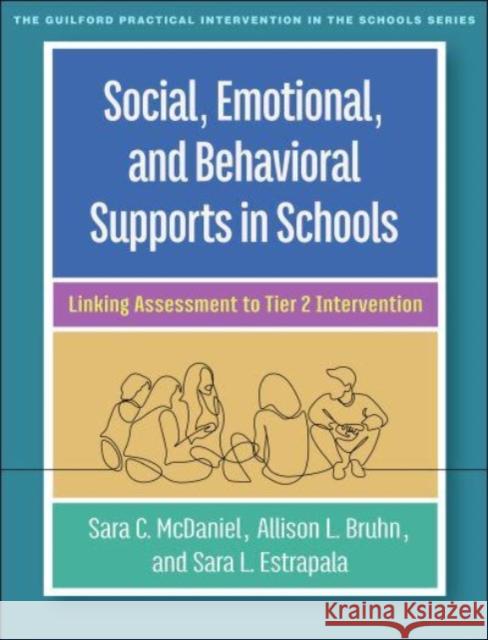Social, Emotional, and Behavioral Supports in Schools » książka
topmenu
Social, Emotional, and Behavioral Supports in Schools
ISBN-13: 9781462554171 / Miękka / 2024 / 200 str.
Social, Emotional, and Behavioral Supports in Schools
ISBN-13: 9781462554171 / Miękka / 2024 / 200 str.
cena 150,85
(netto: 143,67 VAT: 5%)
Najniższa cena z 30 dni: 145,09
(netto: 143,67 VAT: 5%)
Najniższa cena z 30 dni: 145,09
Termin realizacji zamówienia:
ok. 16-18 dni roboczych.
ok. 16-18 dni roboczych.
Darmowa dostawa!
Kategorie:
Kategorie BISAC:
Wydawca:
Guilford Publications
ISBN-13:
9781462554171
Rok wydania:
2024
Ilość stron:
200
Oprawa:
Miękka
Dodatkowe informacje:
Bibliografia
Wydanie ilustrowane
Wydanie ilustrowane











